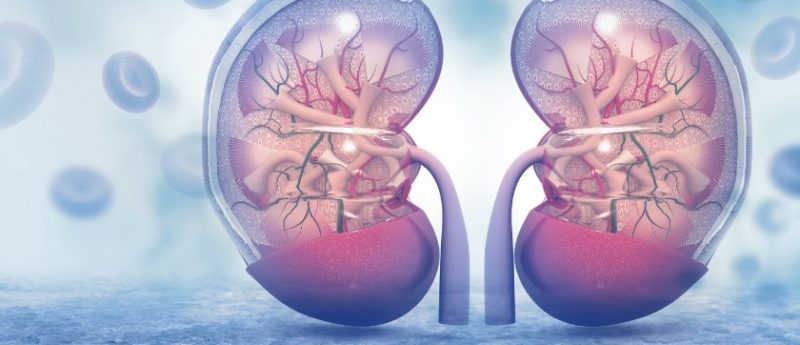Hereditary genetic factor for Wilms tumor identified?

Research led by individuals from The Institute of Cancer Research (ICR; London, UK) and recently published in Nature Communications indicates how mutations in the CTR9 gene may be responsible for some cases of Wilms tumor.
Statistics suggest that Wilms tumor affects one in 10,000 children. In rare cases, more than one child in a family will develop the cancer, suggesting that there may be hereditary genetic factors involved in disease development.
To investigate this further, the ICR team investigated the genes of 35 families with more than one case of Wilms tumor. In six of the children, who were from three different families, it was determined that there were mutations in the CTR9 gene that prevented it from functioning.
The CTR9 gene product is a protein that is part of a complex termed PAF1, which is involved in the regulation of gene expression. PAF1 is known to have diverse roles in controlling cellular processes and embryonic organ development. Furthermore, mutations of another gene associated with the complex, CDC73, have previously been associated with the development of cancers of the parathyroid gland and occasionally Wilms tumor.
“This research adds further evidence that malfunctioning of the PAF1 complex can lead to cancer. We hope our findings will stimulate research into why and how this occurs and will lead to improved treatments for cancer,” commented study leader Nazneen Rahman, Head of Genetics and Epidemiology at the ICR.
“Our findings are also of immediate value to affected families, who now have an explanation for why their children got cancer. Moreover, we can now do a simple blood test to see which children in the family are at risk of cancer and may benefit from cancer screening, and which have not inherited the mutation and so are not at increased risk of cancer,” Rahman stated.
Source: ICR press release


